 |
 |
|
 |
|
 |
|
 |
|
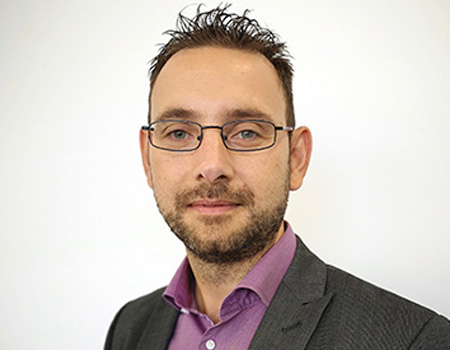 |
 |
 |
 |
"Biohybrid Systems in Animal Behaviour" workshop success Associate Professor Andrew King and Dr Marina Papadopoulou, Department of Biosciences, hosted an Association for the Study of Animal Behaviour (ASAB) Interdisciplinary Workshop in the Wallace Building, Park Campus on 6-8 September. Biosciences PhD and undergraduate students Marco Fele, Grace Balchin, and Beth Lygo were workshop volunteers.
The workshop “Biohybrid Systems in Animal Behaviour” was a free event attended by 50 biologists, neuroscientists, computer scientists, and engineers from all over Europe. The workshop had three invited and three contributed talks each day, with discussions and explored biohybrid systems from three perspectives – Cooperation (day 1), Control (day 2), and Coexistence (Day 3).
Feedback from attendees was outstanding, and the workshop resulted in some exciting scientific and karaoke collaborations and participants will publish a special issue on Biohybrid systems in the journal Animal Behaviour next year. |
 |
 |
|
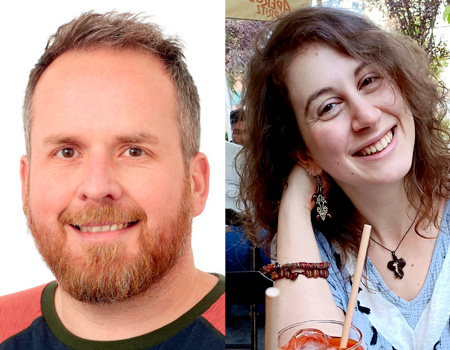 |
 |
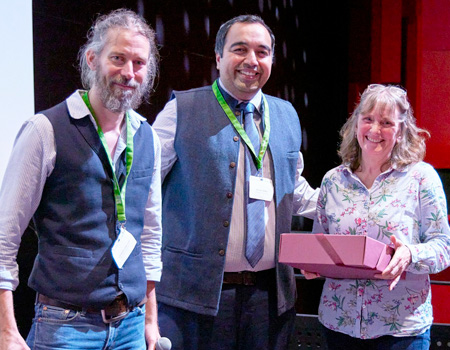 |
 |
 |
BioMedEng23 Conference success Dr Raoul van Loon and Dr Hari Arora, Biomedical Engineering, recently organised a highly successful major BioMedEng23 conference at Swansea Arena, which has been the UK’s largest gathering of Biomedical Engineers, Medical Engineers, and Bioengineers since the conference began in 2019.
Over the two days, the conference attracted over 300 delegates, exhibitors and workshop staff and many exciting topics were discussed, including Artificial Intelligence, Biomedical Imaging, Digital Health Engineering, and more. |
 |
 |
|
 |
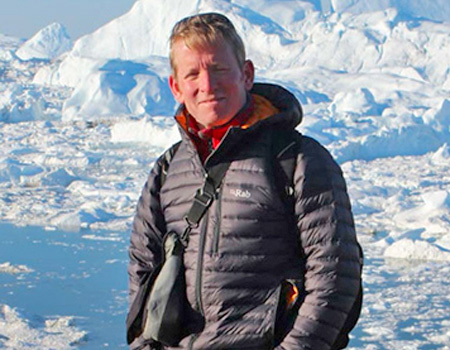 |
 |
 |
Antarctica calves giant iceberg the size of Greater London Professor Adrian Luckman, a remote-sensing expert, is currently monitoring the abrupt recent rapid ice movement in Antarctica under the UK polar base Halley station located on the Brunt Ice Shelf. This movement has caused cracks to extend across the entire ice shelf causing the giant iceberg to break free and may have the future potential to impact on the research station.
In a recent BBC news article, Adrian said: ‘The Brunt has lost contact with this pinning point, known as the McDonald Ice Rumples, and, as a consequence, it has speeded up and is thinning…. How this will play out is anyone's guess’.
A report on the status of the Brunt Ice Shelf has been submitted to the online journal The Cryosphere.
Image courtesy of the British Antarctic Survey: Jan De Rydt |
 |
 |
|
 |
|
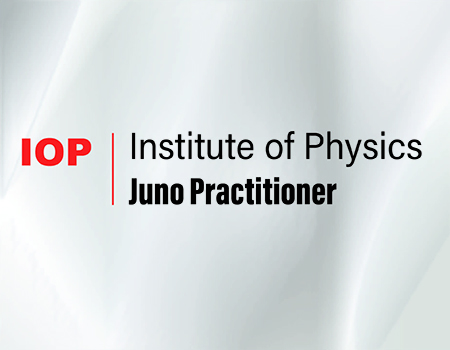 |
 |
|
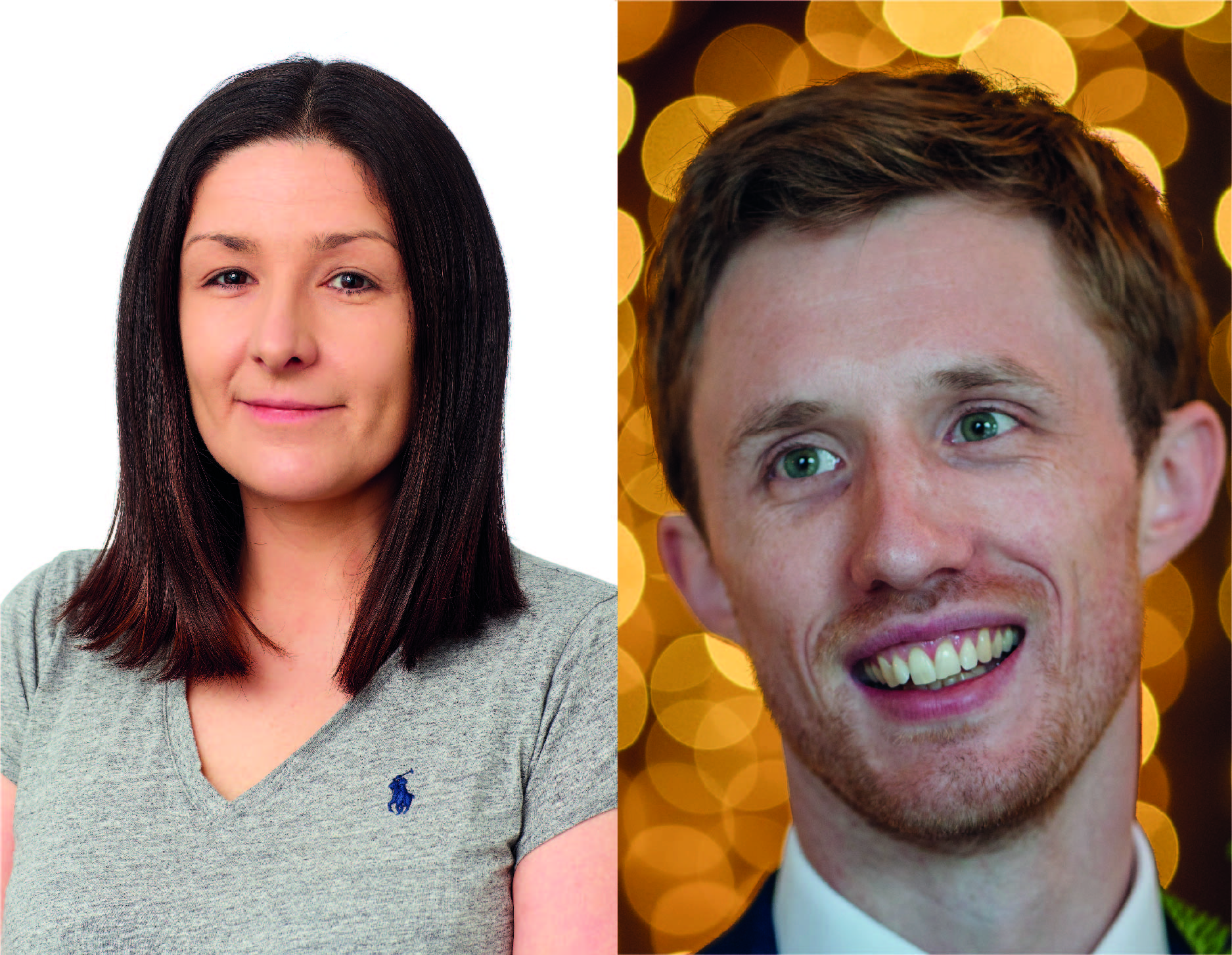 |
 |
|
 |
 |
 |
Swansea University physicists, as leading members of the ALPHA (Antihydrogen Laser Physics Apparatus) collaboration at CERN, have demonstrated that atoms of antihydrogen fall to Earth in the same way as their matter equivalents for the first time.
Published in Nature, this study's groundbreaking results rule out the possibility of antimatter being accelerated upwards in Earth's gravity and brings researchers one step closer to unravelling one of the most high-profile problems in physics.
Niels Madsen said: 'It's exciting to see Swansea University play a part in the first direct observation of the effect of gravity on antimatter, setting the stage for future much more detailed measurements sought by multiple collaborations'.
Pictured: Professor Niels Madsen, Professor Stefan Eriksson, Professor Mike Charlton, Dr Chris Baker |
 |
 |
|
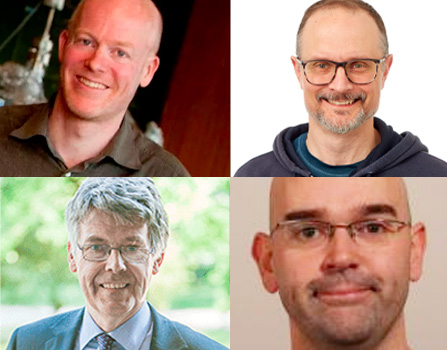 |
 |
|